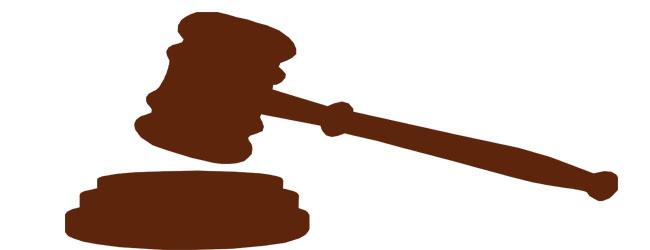The decision to upheld and enact affirmative action in the State of Michigan has been a long and tumultuous one. Affirmative action is when colleges or employers take into consideration an applicant’s sex, race, color, religion and national origin. Ever since the ban on affirmative action in Michigan public universities was instated, the Hispanic and African-American enrollment in the university has decreased considerably. Today, the ban is being challenged under the Supreme Court, however, this has not been the first affirmative action case in Michigan to be argued before the High Court.
The outcome of the case could potentially affect many high school students in the state, so understandably some of them have strong opinions toward the subject, some of them agreeing completely with the topic and others disagreeing.
“It’s a bad idea,” junior Karen Baker said. “It encourages incompetence because people seek easy access rather than earn their way through life.”
Senior Paula Camacho disagrees, believing affirmative action helps those who might be at a disadvantage compared to the majority of other students.
“I think it’s something positive,” Camacho. “It gives us and the other minorities opportunities in this country that sometimes people don’t have. It also encourages them to work harder and gives them hope to accomplish their goals.”
Here’s a timeline debriefing important dates regarding affirmative action:
1997:
In Oct. 1997, Jennifer Gratz and Patrick Hamacher couldn’t get into the College of Literature Science and Arts and sued the University of Michigan in Gratz v. Bollinger. They claimed that they didn’t get in due to the affirmative action policy.
Two months later, Barbara Grutter in Grutter v. Bollinger sued the University of Michigan Law School, once again because of the affirmative action policy.
2003:
The verdict of the Grutter case upheld the decision that diversity will continue to be a factor in the Law School’s admissions policy. However, in the Gratz case the court ruled that students that are underrepresented minorities won’t automatically get points in the admissions process just for being part of those minorities.
2006:
In Nov. 2006, the Michigan Civil Rights Initiative, also known as Proposal 2, passed with 58 percent of the popular vote. Proposal 2 amends the Constitution to prohibit favoritism towards people of specific gender, nationality, ethnicity and race in public education, contracting and employment.
Shortly after, the Coalition to Defend Affirmative Action By Any Means Necessary party among others sued Proposal 2.
2011:
The Federal Sixth Circuit Court of Appeals, saying that it violates the 14th Amendment and places special burdens on minority interests, declares Proposal 2 unconstitutional. However, Michigan Attorney General Bill Schuette declared his appeal of the Sixth Circuit’s decision to the U.S. Supreme Court. While the appeal is completed, Proposal 2 stands in effect.
2013:
On March 2013, The Supreme Court decides to appeal the case.
It is set to be argued today, Oct. 15, 2013, in Schuette vs. Coalition to Defend Affirmative Action before the U.S. Supreme Court.



